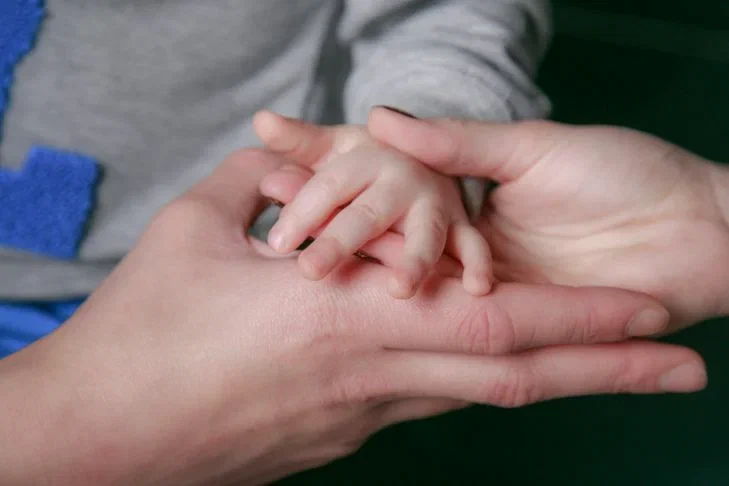Everyone makes mistakes that deserve forgiveness. Parents should acknowledge this and be able to regain their child's trust.
The adult population as a whole shares this point of view, but with reservations.
Let's try to figure out when to ask a child for forgiveness and when it is better not to do this.
Why is this important?
The generation of adults who grew up in the last years of the USSR had not heard anything like this in their childhood. In those years, the emphasis was on respect and obedience.
However, these people understand well that even such a small circumstance decides a lot in the upbringing and development of children.

When to ask for forgiveness
It is necessary to ask the child for forgiveness if he was punished for something he did not actually do. This also happens.
Error
1. If he was upset by the request to clean up the room, then an apology is inappropriate. Even if it was said in a stern tone.
2. There is no need to do this if parents are trying to develop in a child such qualities as discipline, responsibility, independence.
3. Also, parents should not ask for forgiveness for something they did not do themselves. For example, if the younger child was offended by the older one or someone else from the relatives.
An apology made on behalf of the offender, but not by him himself, costs absolutely nothing.
Earlier we talked about how to properly refuse if a child asks to buy an expensive toy .








